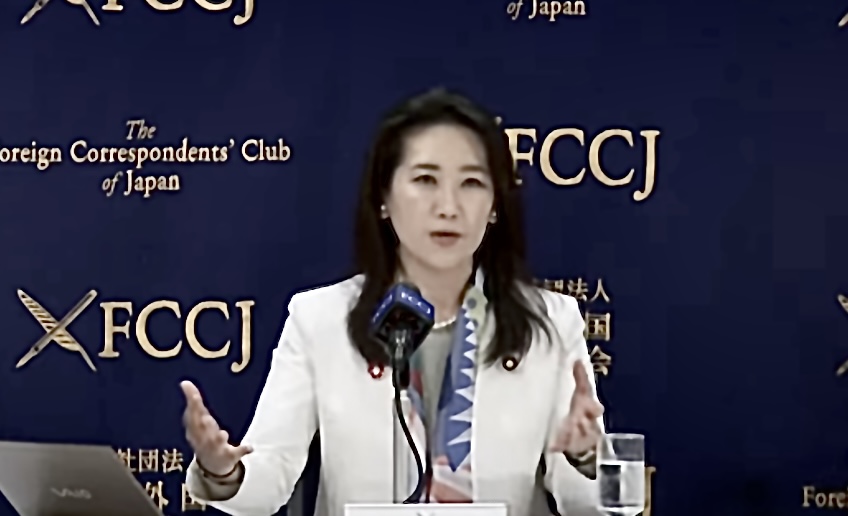
- ARAB NEWS
- 01 Jul 2025

TOKYO: As Japan and South Korea renewed top-level ties after a gap of 12 years when Japanese Prime Minister KISHIDA Fumio greeted South Korean President YOON Suk Yeol in Tokyo on Thursday, a lawmaker from Kishida’s party placed blame on South Korea for the long period of poor relations between the two countries.
House of Councilors member MATSUKAWA Rui told journalists at the Foreign Correspondents’ Club of Japan that the “thorny issues” between the two countries “should be resolved by the South Korean government which had caused the issues in the first place.”
The politician blamed part of the problem on previous, left-wing governments in Seoul. At the same time, Matsukawa was full of praise for Yoon’s efforts to overcome historical issues and restore ties with Japan.
“I really hope at this time that South Korean President Yoon shows leadership and Tokyo’s summit could be the first step to open a new phase of healthier and more stable Japan-South Korea relations,” she said.
“President Yoon has a much larger strategic perspective for his country to make steps that would improve the relationship with Japan.
“It’s really important for both nations in this unbelievably worsening security environment; the Japan-South Korea-US relationship has never been this important. The two nations need to work together in the region, and in the Pacific at large because I think Japan and South Korea can share strategic issues over Taiwan and North Korea.”
Matsukawa said all historical issues between the two countries were resolved in the agreement between the dictatorship of PARK Chung Hee and the government of Japan in 1965 and Japan should not be making any more apologies for its colonial rule from 1910 to 1945.
Critics of the 1965 agreement say Park was just trying to get money from Japan to help his economic reforms and there was no opposition to the move because he brutally eliminated his opponents.
Matsukawa said Japan wasn’t changing its position and the matter should be resolved “within South Korea without affecting the 1965 treaty.”
“I would like to look to the future rather than the past,” she stated, reiterating that security issues should be the main focus of Japan’s relationship with South Korea.
“Japan and South Korea are US allies and we share the same concerns of missiles and nuclear weapons, and also China’s huge military developments and sea lane issues complicated by China,” she said. “Improving our relationship will help to improve cooperation on security.”
Matsukawa also referenced economic security, particularly in relation to Taiwan’s production of semiconductors. “We need to secure supply chains,” she stated.